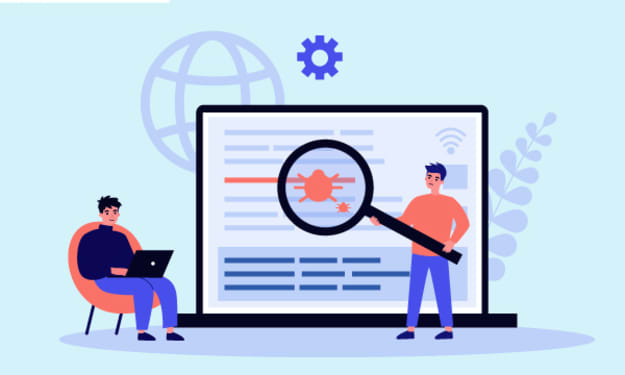
The Importance of Vaccination in the Prevention and Control of Diseases The Power of Vaccination in Protecting Public Health
Vaccination is a simple, yet powerful tool in the fight against infectious diseases. It has saved millions of lives and prevented the spread of many dangerous illnesses, making it one of the most effective public health interventions in the history of medicine. By introducing a small and harmless piece of a virus or bacteria into the body, vaccines help train the immune system to recognize and fight the actual disease if it is encountered in the future.
The history of vaccination dates back to 1796, when English physician Edward Jenner discovered that milkmaids who had contracted cowpox, a mild form of smallpox, did not get smallpox. He hypothesized that cowpox protected against smallpox and developed the first vaccine by injecting cowpox into a boy. This was the first recorded instance of a vaccine being used to prevent a disease. Since then, vaccines have been developed for many other diseases, including polio, measles, mumps, rubella, hepatitis B, and human papillomavirus (HPV).
The widespread use of vaccines has led to the eradication of smallpox, a once-deadly disease that killed millions of people worldwide. It has also significantly reduced the incidence of other diseases, such as polio, which is now close to being eradicated globally. The World Health Organization (WHO) has made it a goal to eliminate many other vaccine-preventable diseases, such as measles, by increasing vaccination coverage worldwide.
Vaccination is not only important for individuals, but also for the greater community. When a large portion of the population is vaccinated against a disease, it becomes much harder for the disease to spread, providing herd immunity that protects those who cannot be vaccinated, such as newborns, people with certain medical conditions, and the elderly. By preventing outbreaks of diseases, vaccines save healthcare systems and businesses money that would otherwise be spent on treating and containing outbreaks. Vaccination also benefits the economy by keeping individuals healthy and able to work and participate in their communities.
Despite the clear benefits of vaccination, there are still some individuals and groups who choose not to vaccinate themselves or their children. This can be due to a variety of reasons, including personal beliefs, fear of side effects, or misinformation. Unfortunately, this can lead to outbreaks of diseases that were once under control. In recent years, there have been outbreaks of measles and pertussis in countries with low vaccination rates, putting many people at risk.
It is important to rely on reliable sources of information when making decisions about vaccination. The Centers for Disease Control and Prevention (CDC), the World Health Organization (WHO), and other reputable organizations provide accurate and up-to-date information on vaccines and their safety. Many studies have shown that vaccines are safe and effective, and that the benefits of vaccination far outweigh any potential risks.
The safety and efficacy of vaccines are continually monitored and evaluated by regulatory agencies, such as the U.S. Food and Drug Administration (FDA) and the European Medicines Agency (EMA), as well as by independent experts in the field. Serious side effects from vaccines are rare, and the benefits of vaccination far outweigh the risks. In some cases, mild side effects such as pain or redness at the injection site, a low-grade fever, or a mild rash may occur, but these side effects are usually temporary and go away on their own within a few days.
In addition to the benefits for individuals and communities, vaccination also has a significant impact on global health. By preventing the spread of diseases, vaccines reduce the burden of disease in low- and middle-income countries, where many of the world's most dangerous illnesses are prevalent. Vaccination programs help to improve overall health and reduce poverty





Comments
There are no comments for this story
Be the first to respond and start the conversation.